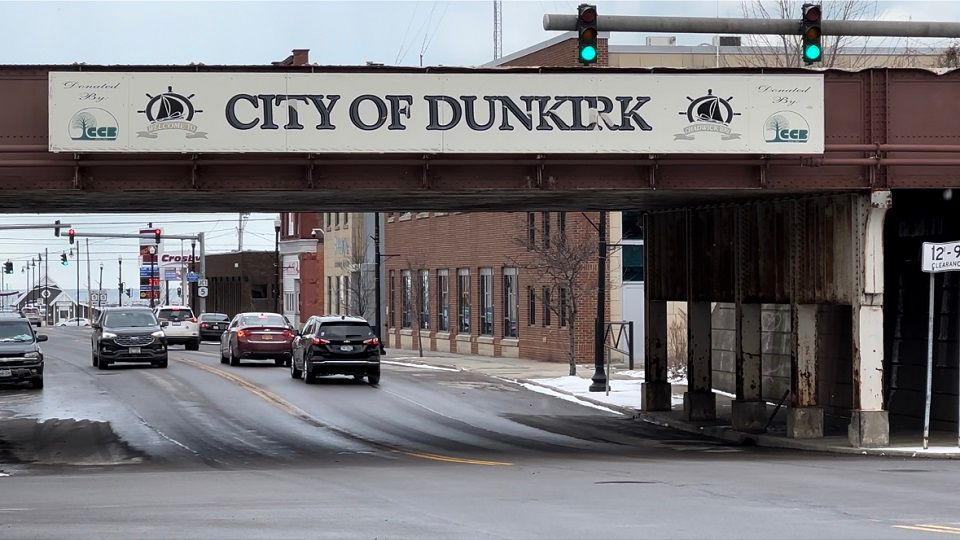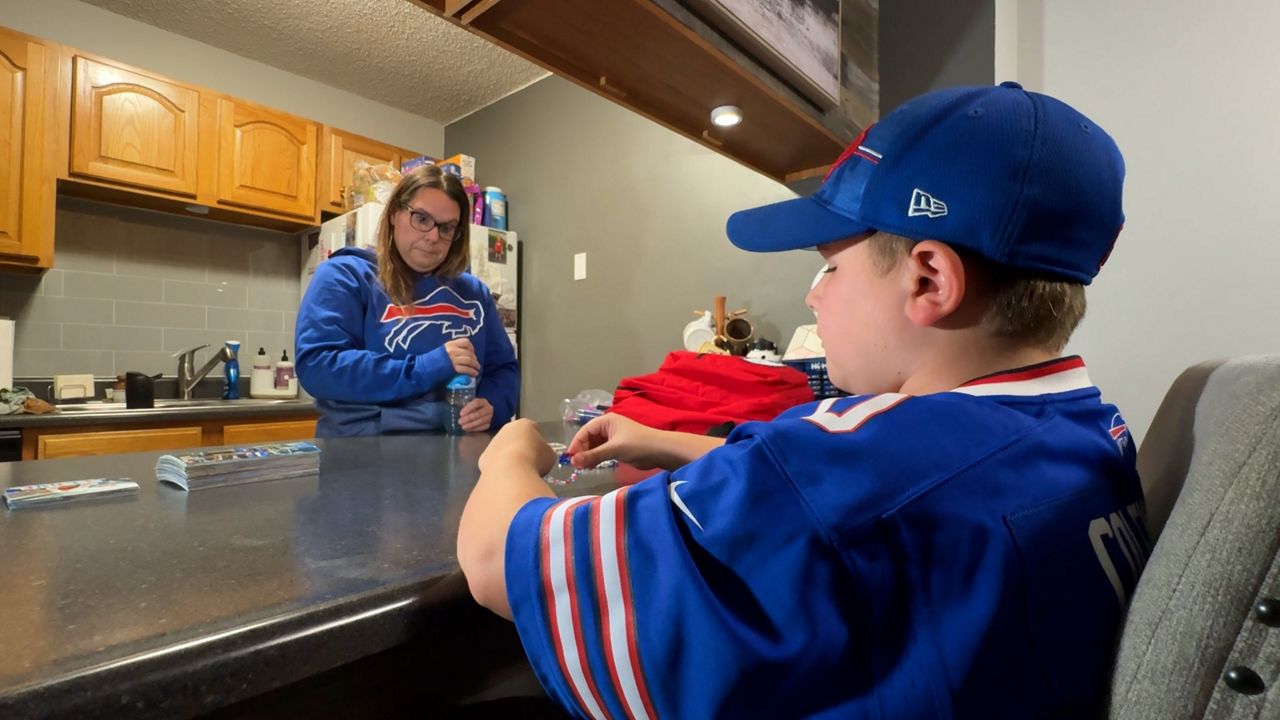Jim Wehrfritz is president of the Chautauqua Lake Property Owners Association, a group of about 350 people organized to focus on the interests of property and business owners, as well as lake users.
The group joined a handful of others in a lawsuit against the New York State Department of Environmental Conservation for implementing new wetland regulations and restrictions to an additional million and a half acres of waterways across the state, on top of the million that already exist, including hundreds on Chautauqua Lake.
"It was a total last resort,” said Wehrfritz. “It touches all of New York state. Lakes, ponds, wet areas.”
The regulations, implemented through a 2022 amendment to the Freshwater Wetlands Act of 1975, took effect Jan. 1, to preserve and protect more of what the DEC says is state freshwater wetlands and ecosystems as well as set clearer jurisdictional boundaries.
Environmental advocates have been pushing for the change, arguing the maps that dictated which wetlands were protected were often out of date and left many areas needing protection without it.
But Wehrfritz says the amendments swapping that requirement for one that makes a permit necessary for activities that impact wetlands larger than 12.4 acres will impact shoreline development.
"It's most frustrating to anyone who wants to do anything new in the water or particularly on land,” Wehrfritz said. “Constructing or expanding homes, garages, out buildings either are prohibited or require a permit that you may or may not get with conditions.”
In addition to lakeside communities, landowners are impacted as well, including Michelle Levine, a Westchester County woman who recently saw our story when the regulations took effect and contacted us about the issue she's facing trying to sell a piece of land.
"I think there are thousands of people across the state that don't know," said Levine.
Levine inherited under one and a half acres of land and says the original assessed value was $115,000, but when she inquired about selling it in February, she says she found out the town had lowered it to about $15,000 because of the wetland designation and the work that comes with it. She also says her realtor told her the land was now pretty much worthless.
Despite the parcel's size, the DEC did send Levine a letter stating the parcel in question does contain freshwater wetlands and/or freshwater wetland adjacent areas regulated by the DEC.
"Disbelief. ‘This can't be right,’” said Levine. “The worst part is, if I did not move to sell this land, I would have been paying tax on it, on its original value forever. No one would ever tell me.”
Wehrfritz says he's hopeful the regulations will be overturned, otherwise housing development, property values and tax revenue will take a hit.
"It's just seriously flawed and overly broad,” he said. “We wouldn't have gotten this far and taken this action if we didn't think we'd be successful. And our lawsuit is apparently the only way that that's going to happen.”










